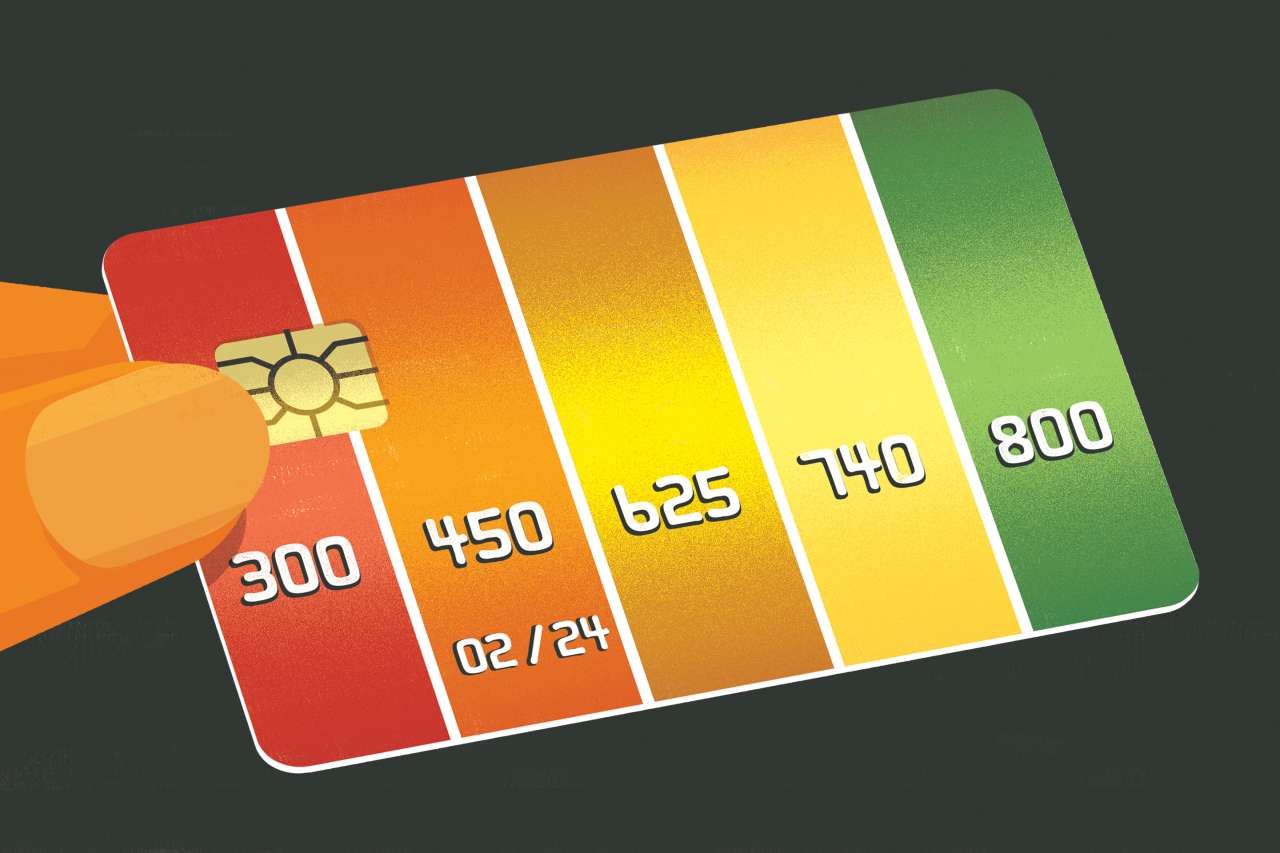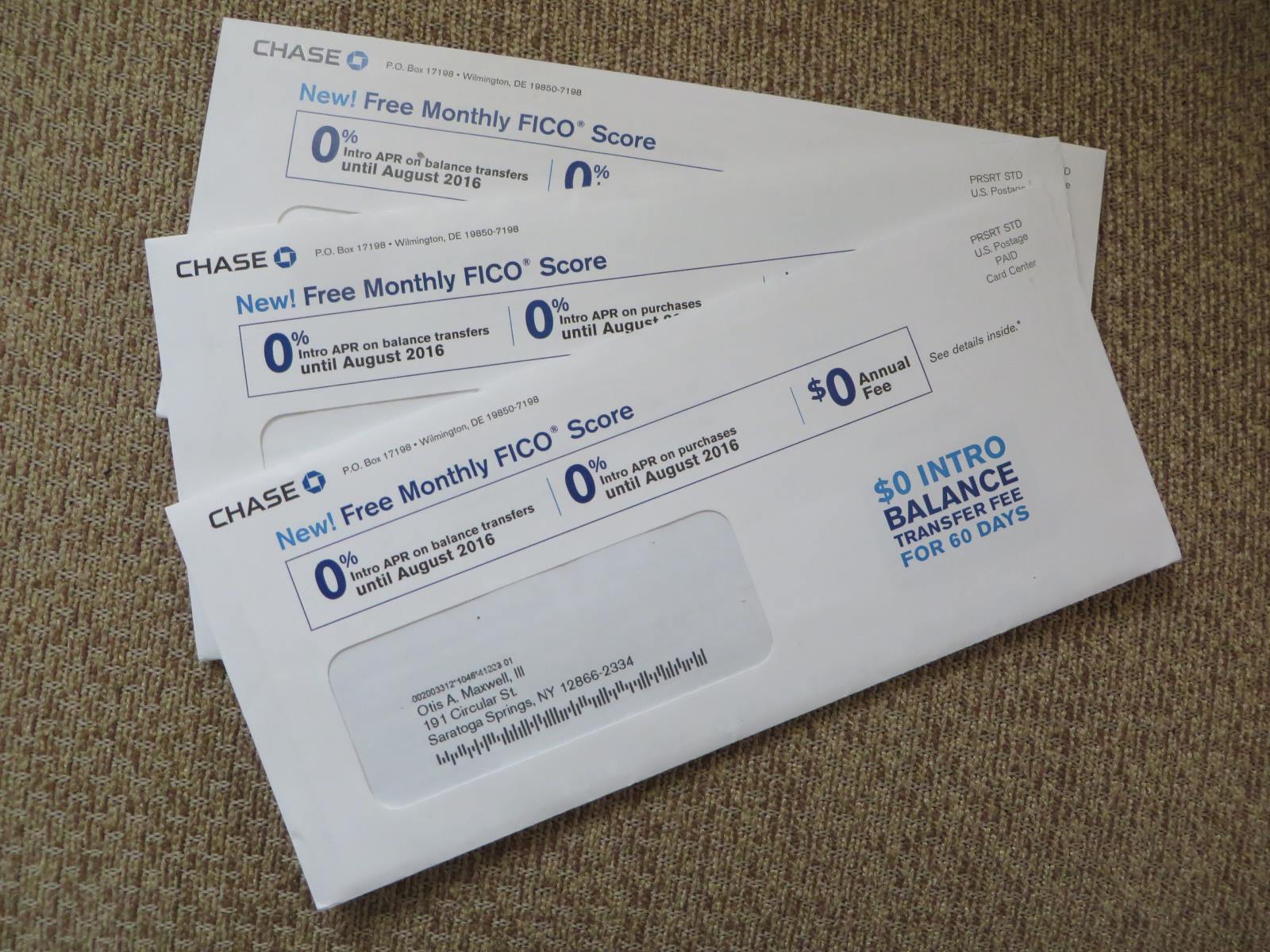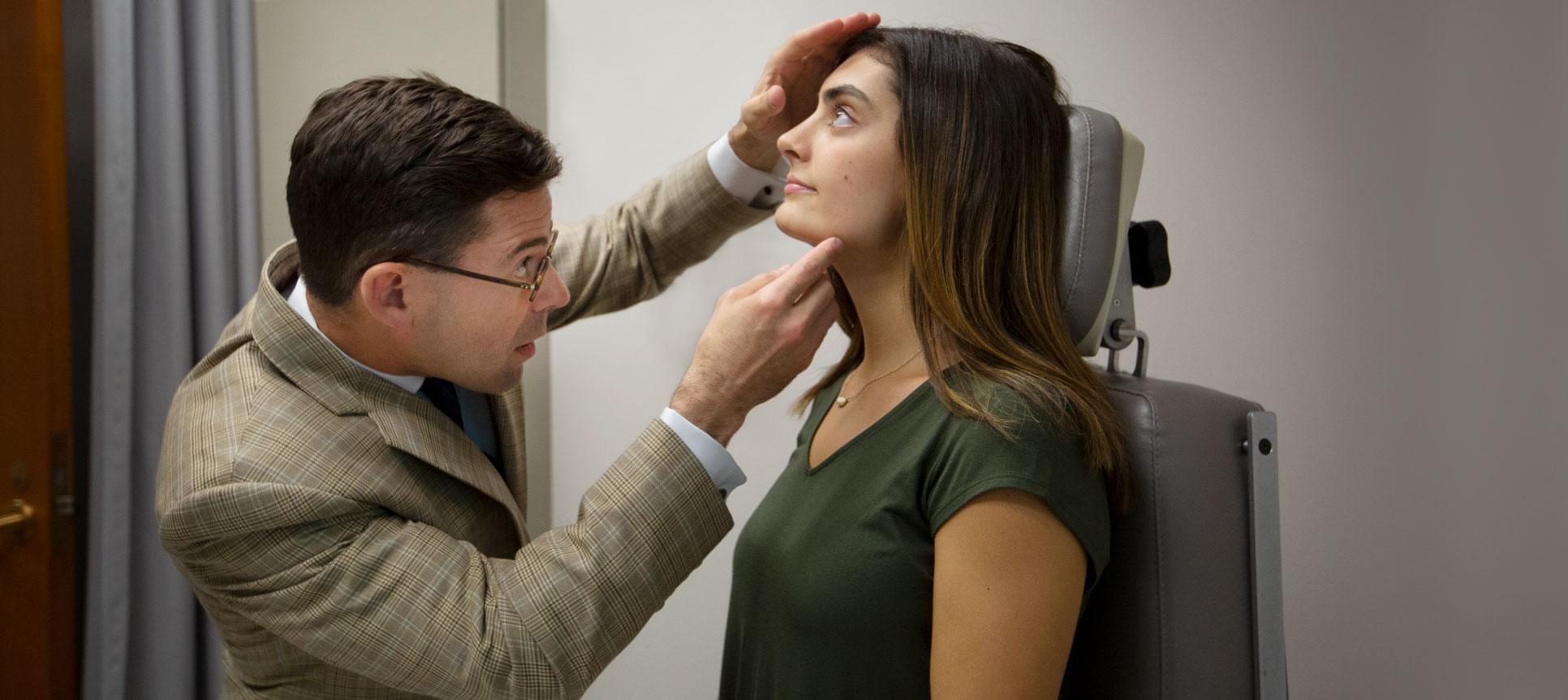

Finance
How Long Does Credit Card Dispute Take
Published: November 8, 2023
Find out how long it typically takes for a credit card dispute to be resolved and get your finances back on track with our comprehensive guide.
(Many of the links in this article redirect to a specific reviewed product. Your purchase of these products through affiliate links helps to generate commission for LiveWell, at no extra cost. Learn more)
Table of Contents
Introduction
Dealing with credit card disputes can be a frustrating and time-consuming process. Whether you’ve been charged for a transaction you didn’t make, received a damaged item, or experienced an unauthorized charge, it’s important to understand the factors that affect the length of a credit card dispute.
Credit card disputes occur when cardholders disagree with charges on their statement and request a review or investigation from their credit card issuer. This process involves communication between the cardholder, the merchant, and the financial institution to reach a resolution.
In this article, we’ll explore the various factors that can impact the duration of a credit card dispute. By understanding these factors, you’ll be better equipped to navigate the dispute process and potentially expedite the resolution.
It’s important to note that the length of a credit card dispute can vary greatly depending on the complexity of the case, the responsiveness of the parties involved, and the specific policies and procedures of the credit card issuer. While some disputes can be resolved quickly, others may take weeks or even months to reach a resolution.
Now, let’s dive into the details and explore the factors that influence the length of a credit card dispute.
Understanding Credit Card Disputes
Credit card disputes arise when there is a disagreement between a cardholder and a merchant or financial institution regarding a charge or transaction. These disputes can encompass a wide range of issues, including unauthorized charges, billing errors, merchandise disputes, and fraud.
When a cardholder believes there is an error or discrepancy on their credit card statement, they have the right to dispute the charge. This can be done by contacting their credit card issuer and initiating the dispute process. The issuer will then investigate the claim and work towards a resolution.
It’s important to note that credit card disputes should only be initiated for valid reasons. Accurate record-keeping and regular monitoring of credit card statements can help identify any suspicious or unauthorized charges, allowing cardholders to take appropriate action promptly.
Here are some common types of credit card disputes:
- Unauthorized Charges: These disputes occur when a cardholder notices charges on their credit card statement that they did not authorize or make. This can be a result of credit card fraud or identity theft.
- Billing Errors: Disputes related to billing errors can include incorrect amounts charged, duplicate charges, or charges for goods or services not received.
- Merchandise Disputes: These disputes arise when a cardholder receives damaged or defective items, or when the goods or services provided do not match the description or quality promised by the merchant.
- Fraudulent Transactions: Fraud disputes involve charges made without the cardholder’s knowledge or consent. This can include stolen credit card information used to make unauthorized purchases.
Understanding the different types of credit card disputes is essential in navigating the resolution process. Each type of dispute may require different documentation, evidence, and communication with the credit card issuer, merchant, and other parties involved.
In the next section, we’ll explore the various factors that can impact the duration of a credit card dispute.
Factors Affecting the Length of a Credit Card Dispute
The duration of a credit card dispute can vary based on several factors. Understanding these factors can help manage expectations and potentially expedite the resolution process. Here are some key factors that can affect the length of a credit card dispute:
- Dispute Complexity: The complexity of the dispute can significantly impact the length of the resolution process. Simple billing errors or unauthorized charges may be resolved relatively quickly, while more complex cases involving fraud or merchandise disputes may require in-depth investigations and additional documentation.
- Evidence Availability: The availability and accessibility of supporting evidence can play a crucial role in the dispute process. Cardholders who can provide clear and compelling evidence, such as receipts, emails, or other documentation, may help speed up the resolution by establishing their case more effectively.
- Merchant Cooperation: The cooperation and responsiveness of the merchant involved can influence the length of a dispute. If the merchant is unresponsive or does not provide requested information, it can further delay the resolution process. On the other hand, prompt cooperation from the merchant can facilitate a faster resolution.
- Credit Card Issuer Policies: Each credit card issuer may have its own policies and procedures for handling disputes. These policies can impact the timeline for resolution. Some issuers may have more streamlined processes in place, enabling faster dispute resolution, while others may have longer processing times.
- Collaboration between Parties: The willingness of all parties involved to collaborate and work towards a resolution can significantly influence the speed of dispute resolution. Effective communication and cooperation between the cardholder, the merchant, and the credit card issuer can help expedite the process.
- Investigative Process: The time required for the credit card issuer to conduct an investigation can affect the length of a dispute. Investigations can involve verifying information, contacting the merchant, and reviewing evidence provided by both parties. The thoroughness of the investigation can impact the timeline.
It’s important to remember that these factors are not exhaustive, and each credit card dispute is unique. Depending on the circumstances surrounding the dispute, additional factors may come into play, further influencing the resolution timeline.
Now that we understand the factors that can affect the length of a credit card dispute, let’s explore the typical timeframe for resolving such disputes in the next section.
Timeframe for Resolving a Credit Card Dispute
The timeframe for resolving a credit card dispute can vary depending on several factors, including the complexity of the case, the cooperation of all parties involved, and the specific policies and procedures of the credit card issuer. While it is difficult to provide an exact timeframe for every dispute, it is helpful to have a general understanding of the process.
In most cases, credit card disputes are resolved within a few weeks to a couple of months. However, some disputes may require a longer resolution timeline, extending to several months. It’s essential to remember that this is a general guideline, and the actual timeframe can vary. Here is a breakdown of the typical stages involved in resolving a credit card dispute:
- Initial Dispute Filing: Once a cardholder identifies an issue, they should contact their credit card issuer promptly to initiate the dispute process. This can usually be done online, through the issuer’s website, or by calling the customer service hotline. The cardholder will need to provide details of the dispute and any supporting documentation available.
- Investigation Period: After the dispute is filed, the credit card issuer will begin an investigation. This involves reviewing the evidence provided by the cardholder, contacting the merchant for their side of the story, and assessing any additional information relevant to the case. The investigation period can take a few weeks to complete, depending on the complexity of the dispute.
- Provisional Credit (if applicable): In some cases, the credit card issuer may offer provisional credit to the cardholder during the investigation. Provisional credit is a temporary refund provided to the cardholder while the dispute is being resolved. If the issuer finds in favor of the cardholder, the provisional credit becomes permanent. If not, the cardholder may be responsible for repaying the provisional credit amount.
- Resolution and Final Decision: Once the investigation is complete, the credit card issuer will issue a final decision on the dispute. This decision may be communicated to the cardholder via mail or email. If the decision is in favor of the cardholder, any provisional credit provided will become permanent, and the disputed amount will be removed from their credit card statement. If the decision is not in favor of the cardholder, they may have the option to appeal the decision or seek alternative dispute resolution methods.
It’s important to stay engaged in the dispute process and promptly respond to any requests for additional information from the credit card issuer. By doing so, you can help expedite the resolution and potentially shorten the overall timeframe.
In the next section, we will discuss steps that can be taken during a credit card dispute to ensure a smoother resolution process.
Steps to Take During a Credit Card Dispute
When faced with a credit card dispute, taking certain steps can help ensure a smoother resolution process. By following these steps, you can increase your chances of a favorable outcome. Here are the key steps to take during a credit card dispute:
- Review Your Credit Card Statement: Regularly review your credit card statements to identify any suspicious or unauthorized charges. This allows you to catch and address potential issues early on.
- Contact the Credit Card Issuer: As soon as you notice a dispute, contact your credit card issuer using the customer service hotline or online portal. Provide all necessary information, including the details of the disputed transaction and any supporting documentation you may have.
- Document the Dispute: Keep a record of all communication and documentation related to the dispute. This includes emails, letters, receipts, and any other relevant evidence. Having a well-documented account can strengthen your case during the investigation process.
- Cooperate with the Investigator: Respond promptly to any inquiries or requests for further information from the credit card issuer’s investigator. Provide any additional supporting evidence requested in a timely manner. Cooperation can help expedite the investigation process.
- Consider Alternative Dispute Resolution: If the initial investigation does not result in a satisfactory resolution, consider alternative dispute resolution methods such as mediation or arbitration. These methods can help facilitate a settlement without needing to pursue legal action.
- Monitor your Credit Card Statement: While the dispute is being resolved, continue to monitor your credit card statement to ensure that any provisional credits are applied correctly and that the disputed charges have been removed.
- Follow up on the Resolution: Once a resolution has been reached, review the final decision provided by the credit card issuer. If the decision is in your favor, confirm that any provisional credits have become permanent. If the decision is not in your favor, explore your options for appeal or further action.
By following these steps, you can effectively navigate the credit card dispute process and increase the likelihood of a favorable resolution. Remember to document everything, cooperate with the investigator, and stay actively involved throughout the entire process.
In the next section, we will provide some tips for smoother and faster dispute resolution.
Tips for Smoother and Faster Dispute Resolution
Dealing with a credit card dispute can be a time-consuming and frustrating process. However, there are steps you can take to facilitate a smoother and faster resolution. Here are some helpful tips:
- Act Promptly: As soon as you notice a dispute on your credit card statement, contact your credit card issuer and initiate the dispute process promptly. Acting quickly can help prevent the issue from escalating further.
- Provide Clear and Comprehensive Information: When reporting the dispute to your credit card issuer, ensure that you provide accurate and detailed information about the disputed transaction. Include relevant dates, amounts, and any supporting documentation you have. Clear and comprehensive information can assist in the investigation process.
- Keep Records: Maintain a record of all communication, including phone calls, emails, and letters, related to the dispute. This documentation can serve as evidence and help you track the progress of the dispute.
- Be Cooperative and Responsive: Respond promptly to any requests for additional information or documentation from the credit card issuer. Cooperate with the investigator and provide any necessary information or evidence in a timely manner. This will help expedite the resolution process.
- Stay Organized: Keep all paperwork and documentation related to the dispute well organized. This includes billing statements, receipts, correspondence, and any other relevant materials. An organized approach can save time and make it easier to provide the necessary information when requested.
- Follow Up Regularly: Check in with your credit card issuer periodically to inquire about the progress of your dispute. By following up, you can stay informed about the status of your case and ensure that it is being actively pursued.
- Consider Mediation or Arbitration: If the dispute remains unresolved through the credit card issuer’s investigation, you may consider alternative dispute resolution methods, such as mediation or arbitration. These processes can help facilitate a settlement without the need for a formal lawsuit.
- Monitor your Credit Card Statement: Keep a close eye on your credit card statement throughout the dispute resolution process. Verify that any provisional credits are applied correctly and that the disputed charges have been removed. Report any discrepancies promptly to your credit card issuer.
By following these tips, you can help expedite the resolution of your credit card dispute and potentially achieve a favorable outcome. Remember to act promptly, provide clear and comprehensive information, and stay organized throughout the process.
Next, let’s conclude our discussion on credit card disputes.
Conclusion
Credit card disputes can be a stressful and time-consuming experience, but understanding the process and taking proactive steps can help facilitate a smoother resolution. By familiarizing yourself with the factors that impact the length of a credit card dispute, such as dispute complexity, evidence availability, merchant cooperation, and credit card issuer policies, you gain valuable insights into managing expectations and potentially expediting the resolution process.
Remember to take action promptly when you notice a disputed charge and provide clear and comprehensive information to your credit card issuer, including any supporting documentation. Documenting the dispute, cooperating with the investigator, and considering alternative dispute resolution methods can also aid in achieving a more favorable outcome.
Stay organized, follow up regularly, and monitor your credit card statement to ensure that any provisional credits are applied correctly and the disputed charges have been removed. By taking these steps and following the tips provided, you can navigate the credit card dispute process with greater efficiency and increase the chances of reaching a satisfactory resolution.
Always remember to keep an eye on your credit card statements and practice good financial management to prevent future disputes. By staying vigilant and addressing any discrepancies promptly, you can minimize the likelihood of encountering credit card dispute situations in the first place.
While the timeframe for resolving a credit card dispute can vary, it is essential to have patience and persistence throughout the process. By being proactive and engaging with the credit card issuer, you can work towards a resolution that protects your rights as a cardholder.
Finally, if you find yourself in a credit card dispute, remember that you have rights as a consumer. Stay informed, seek guidance from appropriate resources, and don’t hesitate to reach out to consumer protection agencies or legal professionals if needed.
By arming yourself with knowledge and following the necessary steps, you can navigate credit card disputes effectively and regain control over your financial well-being.














